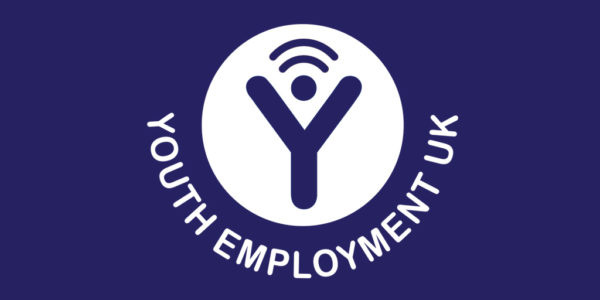The Skills and Post 16 Education Act is now an Act of Law after the final Bill was reviewed in parliament and approved.
The Government have made a commitment to reviewing the Post 16 & Skills support available to young people in England. The changes being made to the law first needed to be approved in parliament. The Bill – which is the document detailing the changes – was reviewed by both the House of Lords and the House of Commons and underwent a number of edits and recommended changes before the final Bill was approved.
This Act focuses on putting employers at the heart of the education system so that education and training leads to jobs that can improve productivity and fill skills gaps. There is a big focus on making sure people can access training and learning in a flexible way to suit their needs, and in ensuring they are well informed through quality careers support.
The Act also includes reforming the funding and accountability for providers to simplify how funds are allocated.
The Government sees the Further Education sector as a powerful driver for the government’s levelling up agenda.
Measures being implemented:
Flexible Lifetime Skills Guarantee
Only 4% of young people achieve a qualification at higher technical level by the age of 25. Providing a lifelong loan entitlement, the equivalent of four years of post-18 education from 2025 for levels 4 – 6 qualifications. This is to give more parity between technical qualifications and the academic route to university.
Careers information
The Government wants providers of technical education and apprenticeships to visit schools and inform students about the range of technical qualifications and apprenticeships that they can study.
Schools are required to do this at least three times throughout a young person’s education.
Local Skills Improvement Plans
Employers, colleges and other providers, and local stakeholders will come together to set out the key changes needed to make technical skills training more responsive for employers in different local areas.
Education providers will be empowered to respond to evidence-based skills assessments.
Investing in local skills priorities
Employer representative bodies (ERBs) will be set up across the country to look into the employer needs in each region. They will work with employers and educational providers to create local skills improvement plans.
Further Education teacher training system reform
supporting outstanding teaching and improving the quality of teacher training in further education)
The Government is now legislating to be able to manage and improve the quality of teaching in FE, as there was no legislation regulating this before.
Initial Teacher Education (ITE) has not been uniformly good. There will now be a redevelopment of the ITE for FE so it is based on the new occupational standard. This work will be led by the sector, but the Government will make sure it meets HTE approval standards.
A new Learning and Skills Teacher apprenticeship at Level 5 was approved in September 2021.
There will be a national recruitment campaign for teachers in a further education setting.
There will be base initial teaching education on employer-led standards.
Statutory FE Intervention Powers
To strengthen the Further and Higher Education Act 1992, the Secretary of State will be able to intervene where there has been a failure to meet local needs. This will take into consideration any local skills improvement plans.
Office for Students (OfS) quality assessments
This allows the OfS to make assessments of the quality of education across the whole of Higher Education provision.
In addition, it allows the OfS to set a minimum expectation.
It also allows the OfS to tackle low quality education.
This policy will apply to all those registering as a Higher Education provider.
Improvements to the FE Insolvency regime
In an education administration a transfer scheme cannot be proposed, which would transfer secured assets without either a court order or the consideration attributed to the asset being agreed by the secured creditor. Improvements will provide more clarity rather than adding any new regulations.
List of Post-16 education or training providers
A full list will be provided of post-16 education or training providers. It will be ensured that these providers meet conditions that are designed to make sure students and learners are protected if they cease to provide education or training.
Focus will be placed on FEs and Independent training providers.
There are currently delays in the system when trying to find a new provider and students’ experiences vary greatly from provider to provider.
Essay Mills
The provision of and advertising of plagiarism assignments will be criminalised.
The Government views essasy mills to be undermining the reputation of our education system.
Designation of 16-19 academies as having religious character
Existing sixth forms with religious character will be able to convert to become an academy.
We can expect these changes from the Academic year September 2022.
Our policy and research work






